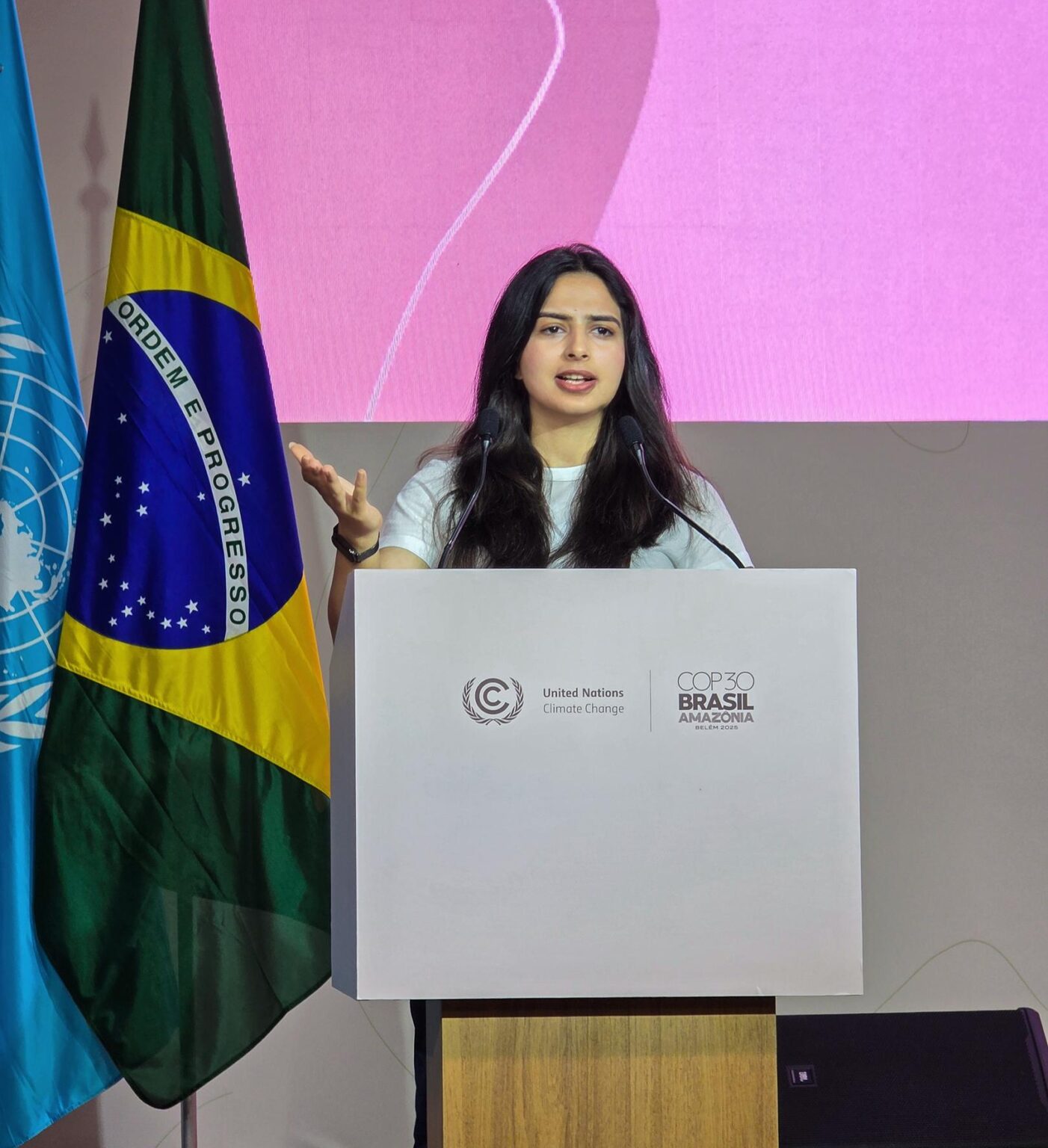BA Business and Management student, Scarlotte Mok, won third prize for her evaluation of the potential for good of AI within a UN SDG framing in the undergraduate category of the Principles for Responsible Management Education (PRME) Business and Management Student Writing Competition.
What did it mean to you to take part in this competition?
It was such a privilege to represent Durham University Business School in the PRME undergraduate student writing competition this year, and for my submission to even be considered in this competition, let alone place third.
What did you learn from writing your submission?
My submission was originally part of the Corporate Responsibility and Sustainability module assignment, which critically evaluates the role of AI in the achievement of the Sustainable Development Goals. The course encouraged me to pursue my passion for sustainability by focusing my career search on opportunities in ESG consultancy and social enterprises for after graduation, to be part of the change I wish to see in creating more sustainable and responsible employment and organisations.
The module has posed ethical questions far beyond the classroom, and trickled into my everyday life, through the way that I interact with the internet and perceive AI, now understanding the social and ecological implications of such technologies. As I am hoping to join the MSc Management Consultancy at Durham next year, I hope I can incorporate the ethical lens developed during this module to further my “conscientisation”.
How important is sustainability to you?
I developed an interest in sustainability at a young age. At 13, I self-selected an HPQ in sustainable fashion, which has grown over time through various higher education projects. I am so glad that sustainability has featured heavily across my electives and dissertation, guiding my degree towards my interests and developing critical skills for tackling 21st-century challenges.
Climate change will be the biggest threat our generation faces, and yet the gradual change can create a sense of inevitability around this crisis. By making sustainability and responsible management a priority amongst the next generation of leaders, through the business school and PRME competitions, education can prepare future managers for climate crises and encourage them to challenge the systems that set us on the path to climate catastrophe.
How does Durham University Business School promote ethics, responsibility and sustainability?
Besides the elective modules in CRS and Facing the Future, which promote ethics, responsibility and sustainability in Durham University Business School, these themes have branched into many of my modules across the course, including economics, HR and innovation, which enhances the systems approach to change necessary to achieve the sustainable transition.
The open course for sustainability ensures all students can engage with materials on ethical, sustainable management, regardless of their elective module choices. It is a real privilege to be a part of an institution that is working to create a sustainable future for businesses and society.
Discover more
Find out more about Durham University Business School
Download our latest prospectus and college guide here.
Follow The Durham Student on Instagram, TikTok and YouTube.

Scarlotte Mok
Hello, my name is Scarlotte Mok, and I am a recent graduate in Business and Management. I have a keen interest in sustainability and responsible management, and career ambitions in consultancy.









